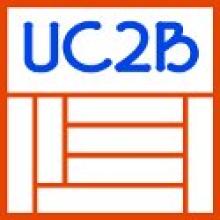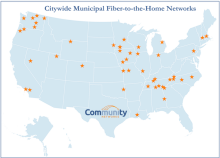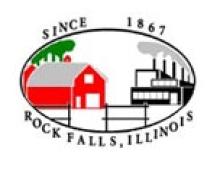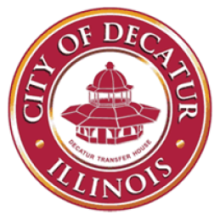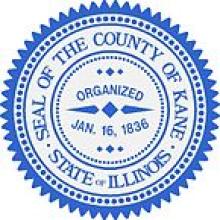Kane County, Illinois, is hoping its fiber-optic network will attract more businesses looking for better connectivity. As it turns out, they've had the resources for some time but are now making more of an effort to market the benefits of their publicly owned network.
Sharing The Savings, Services, Speeds
In 2011, reports the Chicago Tribune, the county took advantage of road reconstruction and in a coordinated effort, Kane County and the Kane County Department of Transportation deployed fiber along one of its main thoroughfares, Randall Road. Since then, the county has expanded the network to approximately 47 miles, connecting county facilities in five area cities. Kane County contributed $1.5 million to the construction of the underground network that now offers 10 Gigabits per second (Gbps) capacity.
Since eliminating leased lines, institutions and facilities connected to the network have reported better performance, improved services, and significant savings. For example, Geneva School District 304 needed higher capacity to comply with new state requirements:
The district was paying $9.15 per megabyte for 500 megabytes, which amounted to $54,900 a month, he said.
The district was able get 1,000 megabytes for $24,000 per year through a provider on Kane County's fiber optic network — receiving double the service at half the cost, he said. [emphasis ours]
"From our perspective, it was a win-win," [County CIO Roger] Fahnestock said. "The reseller is working with them and are able to work with them and get this off the ground and get the school district what they needed."
The County hopes to draw in more economic development and increase competition. There are already several companies that take advantage of existing fiber to offer varying services, including connectivity for academic research, colocation and cloud storage, healthcare, and at least one provider that uses the network to provide backhaul in order to offer fixed wireless Internet access to residents and businesses.



